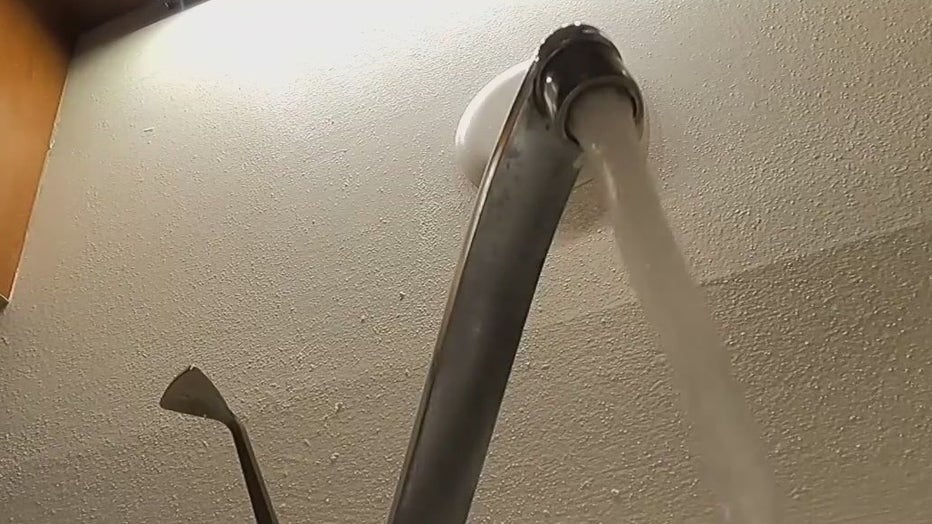EPA’s proposed lead rule improvements; Milwaukee Water Works statement
EPA’s proposed lead, copper rule improvements
Milwaukee Water Works has submitted a formal public comment to the Environmental Protection Agency in response to the agency's proposed changes to the Lead and Copper Rule Improvements.
MILWAUKEE - Milwaukee Water Works has submitted a formal public comment to the Environmental Protection Agency in response to the agency's proposed changes to the Lead and Copper Rule Improvements.
According to a news release, the proposed rule changes would revise the National Primary Drinking Water Regulation under the authority of the Safe Drinking Water Act.

Milwaukee Water Works endorsed the proposed 10-year timeline to replace all lead service lines, the most significant rule change proposed by the EPA.
"We support the proposed 10-year timeline for replacing all lead service lines and applaud the EPA's work to incentivize communities to act quickly," said Water Works Superintendent Patrick Pauly. Without additional federal support when Bipartisan Infrastructure Law funding is exhausted, the costs to complete this work within the 10-year period will be borne by our customers and city taxpayers, leading to rate increases and limiting the city's ability to invest in other urgent priorities," said Pauly.
"Milwaukee Water Works makes efforts to notify customers of their lead results as soon as possible after the testing has been completed, but...recommends requiring utilities to reach out to customers within three days either electronically (e.g. email or text message), by phone, or hand delivery. Sending a letter in the mail is not the most effective method of delivering such urgent news," said Water Quality Manager Michelle Natarajan.
SIGN UP TODAY: Get daily headlines, breaking news emails from FOX6 News
A new release states that Wisconsin is expected to receive about $373 million in funding for lead service lines over the five years of Bipartisan Infrastructure Law funding. Replacing all of Milwaukee's remaining lead service lines could cost more than $700 million.
Milwaukee's 2023 Lead and Copper Rule testing results showed that the 90th percentile LCR result was 5.3ppb. The tests, conducted at 51 properties, showed average lead levels of 2.78ppb.

